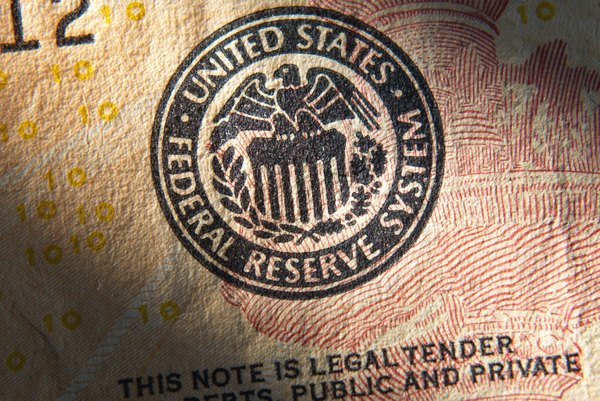Article Not Found
This article is no longer available. There could be several reasons for this, including:
- Outdated information: The article may have contained time-sensitive information that is no longer relevant or accurate
- Internal Review: Articles are regularly re-reviewed; if the quality of an article is deemed to be questionable, it may be temporarily unavailable until it can be properly updated.
Related Content

Changes to Retirement Accounts due to the COVID Stimulus
Even if you aren’t 59 ½, there are relaxed coronavirus retirement account guidelines, giving you access to your funds.

How A Health Savings Account (HSA) Works
These accounts can function as a powerful savings tool with benefits that can extend for many years.

Things To Know When Filing Taxes as an Independent Contractor
Independent contractor taxes are a bit more complex than when you work for someone and get a W-2.

These Companies Are Hiring During The COVID-19 Outbreak
In response to the new realities of social distancing, some industries are hiring.

What is the American Opportunity Tax Credit?
The American Opportunity Tax Credit directly lowers your tax liability when you pay for an eligible student’s college education.

How to Check on the Status of your Coronavirus Stimulus Check
The coronavirus payment tracker makes it easy to check on your payment’s status.